
Sign in
Sign in to save favorite properties and equipment, save your search parameters and more
Don’t have an account yet? Sign Up Now
Sign up
Already have an account? Login Now


Sign in
Sign in to save favorite properties and equipment, save your search parameters and more
Don’t have an account yet? Sign Up Now
Sign up
Already have an account? Login Now
There’s a certain allure to owning a piece of rural land. A place where the hustle and bustle of city life fades into the background, replaced by the soothing sounds of nature. Rural land investment offers more than just a peaceful retreat. It’s a chance to create a personal haven, a space for outdoor recreation, and a potential source of income.
But embarking on this journey isn’t as simple as picking a plot and signing a check. It requires careful planning, thorough research, and a deep understanding of what rural land ownership entails. In this guide, we’ll walk you through the steps to get started on your rural land journey. From understanding the benefits of rural real estate to preparing for your purchase, we’ll provide practical advice to help you navigate this exciting venture. So, whether you’re an outdoor recreation blogger seeking engaging content or a farm and ranch lover yearning for a retreat from modern life, let’s dive into the world of rural land investment.
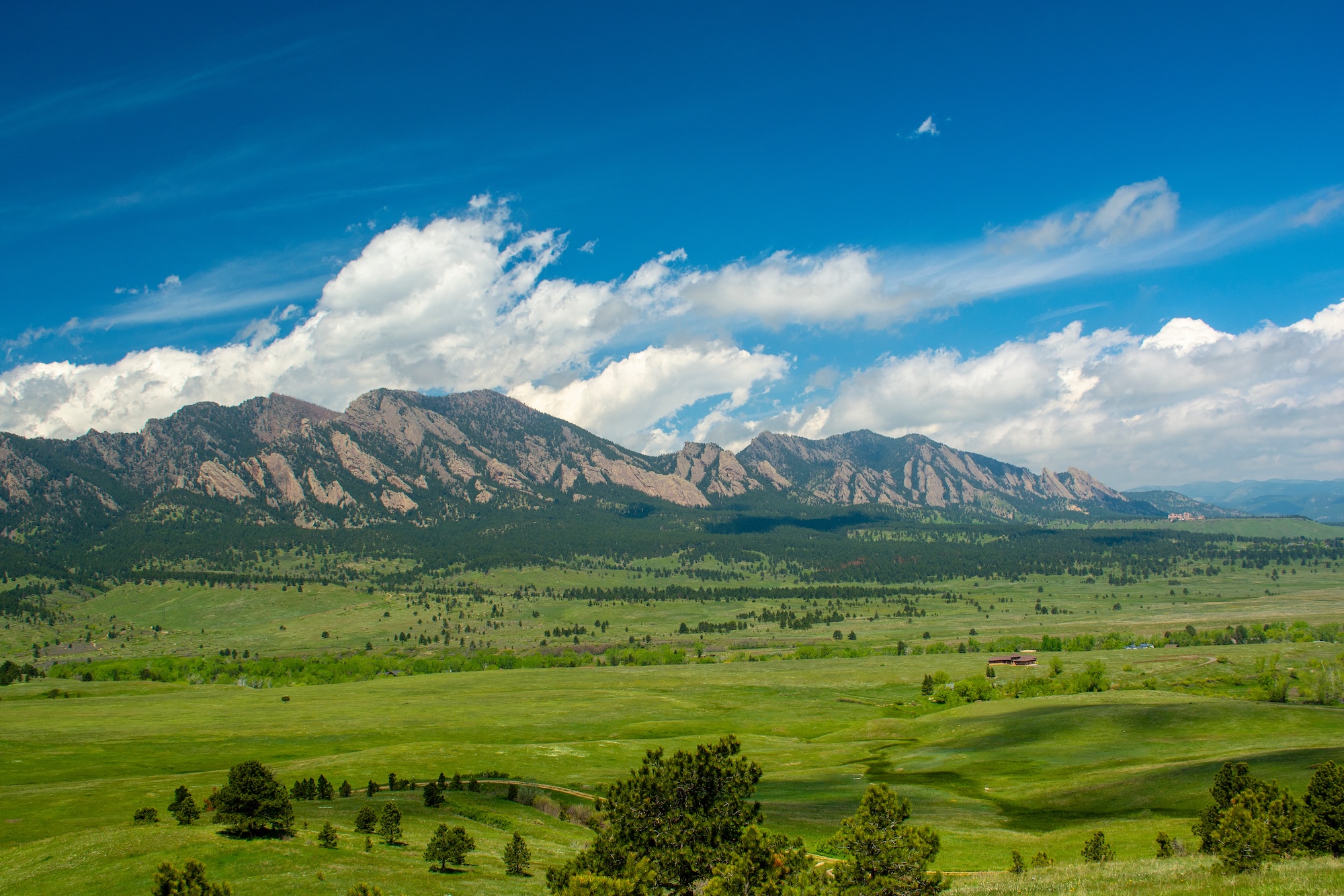
The charm of rural land lies in its promise of tranquility and privacy. Away from the prying eyes and constant noise of urban settings, rural properties serve as a refuge. Here, the pace of life slows down, allowing one to appreciate the simple pleasures often missed in city life. Rural land investment is not just about isolation, though. It’s about potential growth too. With urban sprawl creeping ever outward, rural properties are becoming more valuable. Savvy investors recognize this trend, seeing rural land not only as a retreat but as a strategic financial asset.
Moreover, investing in rural real estate opens doors to a wide range of outdoor activities. Whether it’s hunting, fishing, or simply hiking through unspoiled landscapes, rural properties provide countless opportunities for adventure and connection with nature. This multifaceted allure of rural land makes it an attractive prospect for many. It’s a chance to own a unique piece of the world, to invest in something tangible, and to foster a lifestyle that’s in harmony with nature.
Rural real estate offers a wealth of benefits that go beyond the traditional urban property market. For those seeking a sanctuary from daily life, rural properties offer unmatched seclusion. The vast open spaces and limited foot traffic create a perfect setting for personal fulfillment and relaxation.
Financially, rural land investment is a sound choice. Rural properties often come at a lower initial cost than urban homes, and yet they have great potential for appreciation over time. As cities expand and land becomes a finite resource, the value of rural land rises, providing excellent long-term investment returns.
Opportunities for outdoor activities further enhance the appeal of rural real estate. Owning land provides a great backdrop for various recreational activities. You’re not just buying land; you’re embracing a lifestyle that many modern-day adventurers crave.
Here’s a quick look at some rural real estate benefits:
When it comes to personal enjoyment, rural land provides an unrivaled sense of freedom. With wide-open spaces, you have room to breathe and think without distraction. Here, you can craft a personal oasis tailored to your own tastes and interests. Privacy is another significant advantage. You won’t find the hustle and bustle of city life here. Instead, enjoy peaceful solitude or the opportunity to build close-knit communities with neighbors who value personal space, creating a sense of tranquility.
The financial benefits of rural real estate are manifold. Compared to urban properties, rural land often requires a smaller investment, allowing for entry at various price points. This makes rural property an accessible option for many aspiring investors. Long-term appreciation is another appealing factor. As more people flee crowded urban areas for rural sanctuaries, the value of these lands is on the rise. This demand, coupled with limited supply, positions rural land as a smart investment with potential lucrative returns.
One of the great joys of rural land ownership is the access to outdoor recreation. Picture yourself casting a line on a calm lake or setting off on a hunt through the woods. Rural land invites these activities and more, offering a lifestyle rich in adventure. The land becomes your playground, with each season bringing new opportunities to explore and enjoy. It’s not just a place to live; it’s a backdrop for hobbies that offer both relaxation and excitement, bringing you closer to nature.
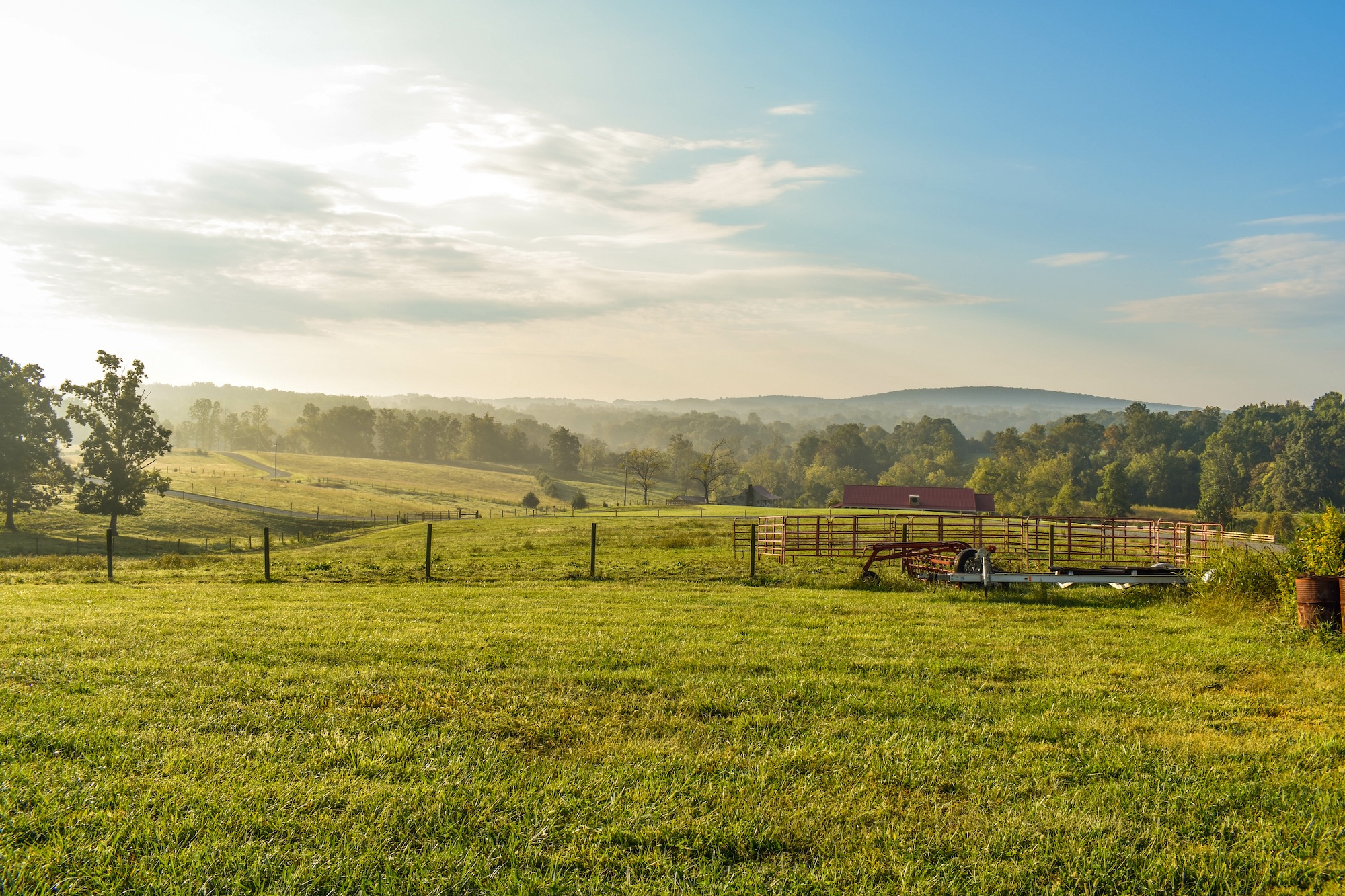
Embarking on a rural land journey requires more than just enthusiasm. It takes careful planning to make wise decisions. The first step is a comprehensive understanding of the land itself and what you want to accomplish. Whether it’s to build a dream home or start a small farm, clarity is crucial. Assessing the land’s value is another key aspect. Look beyond its scenic beauty. Dig into the details that could impact your enjoyment and investment returns. Soil quality, water access, and potential hazards are all essential considerations.
Equipped with this knowledge, you are better positioned to negotiate a fair deal. Remember, rural properties can have hidden costs or limitations. It’s important to carry out exhaustive research to avoid surprises. Lastly, connecting with local experts can provide insights that online resources cannot. A local real estate agent can help navigate specific challenges typical of rural areas.
Before leaping into a purchase, research the property thoroughly. This helps ensure that it meets your expectations and intended use. A clear understanding of the land’s history and existing conditions will guide your decision. Conduct visits to feel the land, study surroundings, and understand its best features. Speak to neighbors and professionals to gain invaluable insights into the community and untapped potential of the location.
Evaluating land quality is pivotal for any land investment. Check soil quality, as this affects agriculture potential and building feasibility. Top-notch soil is a boon if you’re considering farming or gardening. Access to water is equally vital. Water availability affects daily living and plant cultivation. Review natural water sources, and have them tested if possible, to assess their reliability and safety.
Understanding zoning laws and land use regulations is a must. These rules dictate what activities are permissible on the land. Ignoring them can lead to missed opportunities or legal complications. Invest time in learning about these regulations beforehand. Knowing them will help you avoid pitfalls. A local planning office or real estate expert can be great resources for this information.
Securing financing for rural land differs from urban real estate. Many traditional mortgages cater to urban settings. Investigate rural-specific financing options, like land loans, offered by lenders familiar with rural markets. Have a clear budget outline, keeping an eye on initial down payments and interest rates. A well-planned financial strategy will keep your investment journey smooth and stress-free, allowing you to focus on creating your ideal rural haven.
Check out our friends at Outdoor Bank!
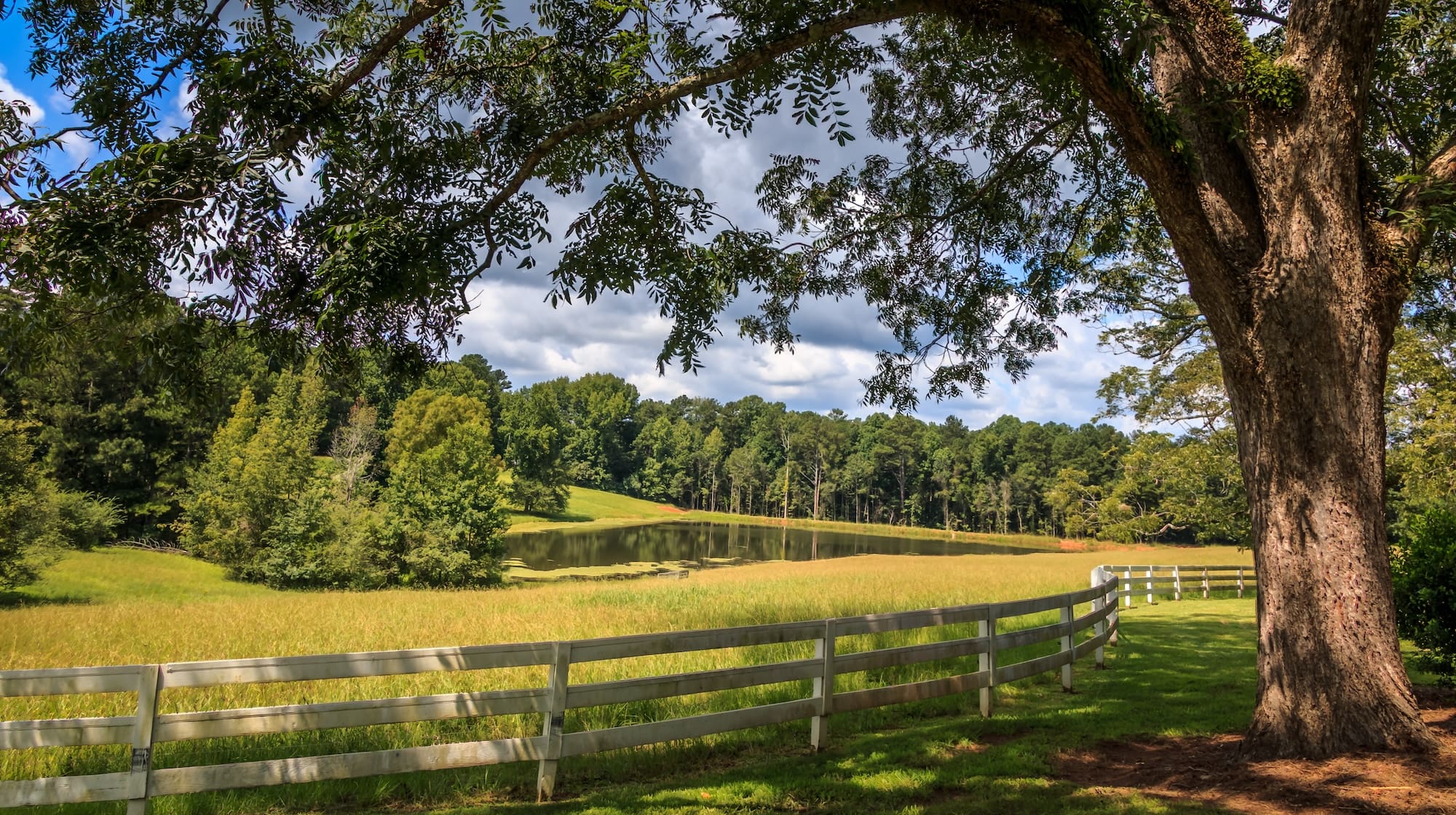
Owning rural land offers endless possibilities. The challenge lies in unlocking its full potential. To maximize enjoyment and value, consider diverse approaches that align with your vision. Many landowners are leaning towards sustainable living. This not only nurtures the environment but reduces costs. A well-managed piece of land can yield both ecological and personal dividends.
For those inclined to generate income, rural property offers numerous avenues. From agriculture to timber harvesting, the land can become a source of profit. Strategically leveraging its resources is key. Effective land management, including wildlife preservation, adds value to rural properties. Balanced ecosystems enhance the natural beauty and recreational opportunities. With mindful stewardship, your land can become a personal paradise.
Embarking on the path of sustainable living is both practical and rewarding. Implementing environmentally friendly practices conserves resources for future generations. By embracing renewable energy or organic farming, landowners can create self-sufficient havens. Conservation efforts play a critical role in maintaining land health and biodiversity. By fostering healthy ecosystems, you can enjoy the bountiful natural resources your rural property offers, ensuring its vitality for years to come.
The potential for profit on rural land goes beyond traditional farming. Consider leasing land for hunting, which can provide supplemental income. Specialty crops, such as berries or mushrooms, are another growing trend for savvy landowners. Engaging in these activities requires strategic planning. It’s important to maintain the land’s balance and adhere to ethical practices. By doing so, your rural property not only generates income but enhances its value.
Effective wildlife and land management enriches the rural experience. Enhancing habitats attracts diverse wildlife, boosting recreational opportunities. This, in turn, makes the property more appealing for outdoor enthusiasts. Managing the land responsibly includes controlling invasive species and promoting native flora. With careful planning and execution, landowners can foster a thriving ecosystem. This creates a harmonious environment where nature and recreation coexist beautifully.
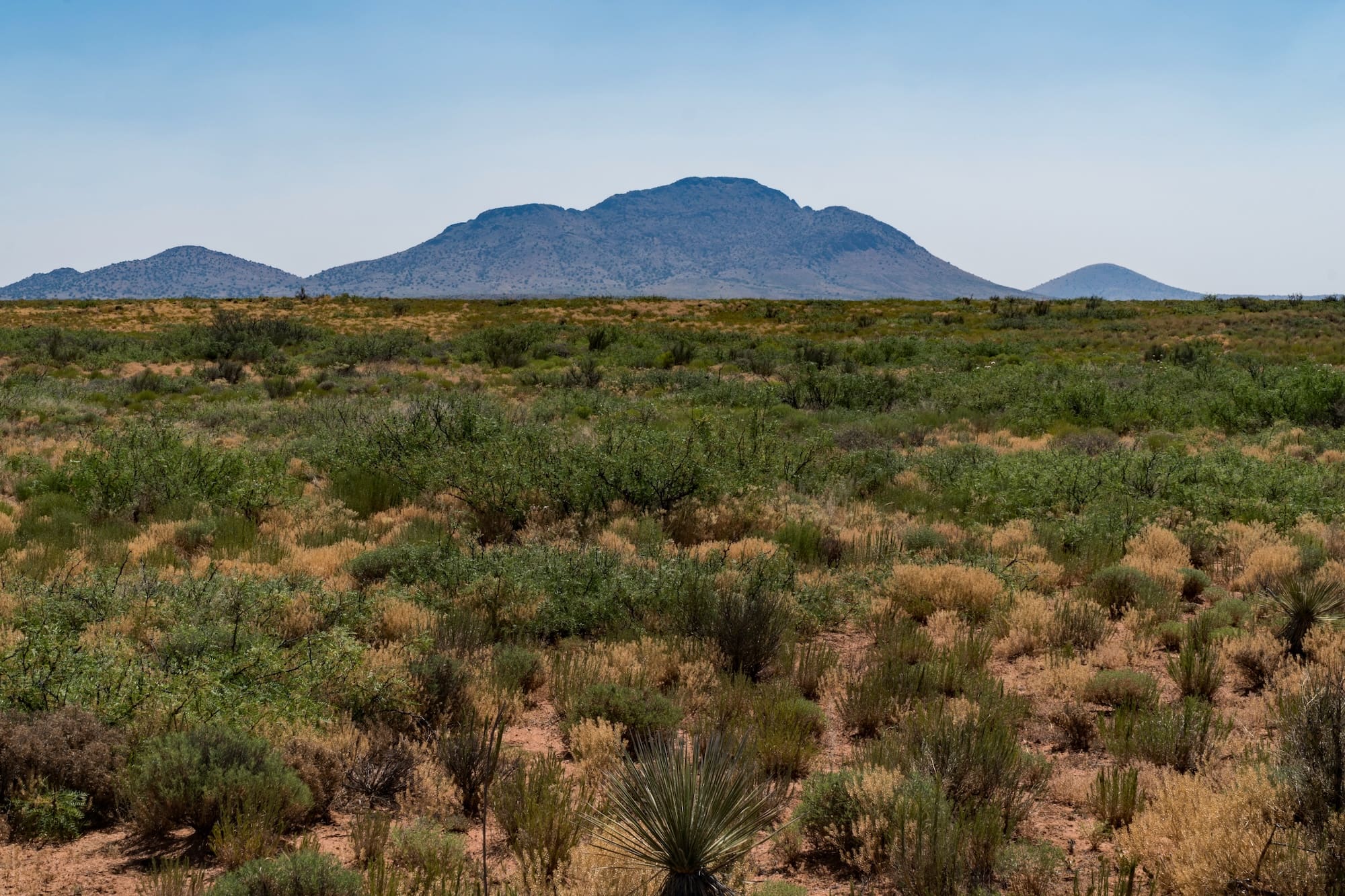
Owning rural land is more than a financial investment; it’s an opportunity to craft a unique lifestyle. The vastness of open spaces invites creativity and freedom. It’s a canvas for dreams to take shape. The joy of rural land ownership often lies in the unhurried pace it offers. Here, time seems to stretch and bend, providing moments to cherish simple pleasures. The call of a distant whippoorwill at dusk, the gentle rustle of leaves—it all fosters a deep connection with the world around.
Additionally, rural properties present the chance to build personal havens. These sanctuaries provide solace from the demands of modern life. Designing these spaces reveals the true potential of one’s land, tailored to personal tastes. Land ownership also carries an intrinsic value, offering a sense of achievement. Whether it’s planting an orchard or raising livestock, each endeavor contributes to this sense of fulfillment. Rural land becomes more than property; it becomes a cherished part of one’s identity.
Creating a personal retreat within your rural land transforms it into a sanctuary. Here, you can escape the hurry of everyday life, immerse in peace, and rejuvenate. Consider erecting a rustic cabin or crafting a scenic garden to make the space uniquely yours. Customization turns land into a personal narrative. Each choice—from choosing a porch view to planting native blooms—reflects a piece of your soul. These retreats become extensions of your identity, nourishing your well-being with every visit.
Envisioning your rural land as a legacy can be deeply gratifying. This perspective turns your property into a gift for future generations, fostering a lifelong bond with nature. As caretakers of the land, you sow the seeds for enduring memories and traditions. Preserving rural land for the next generation is about more than inheritance. It’s about imparting values and appreciation for nature. This legacy teaches stewardship, emphasizing the importance of protecting and honoring the land we cherish.
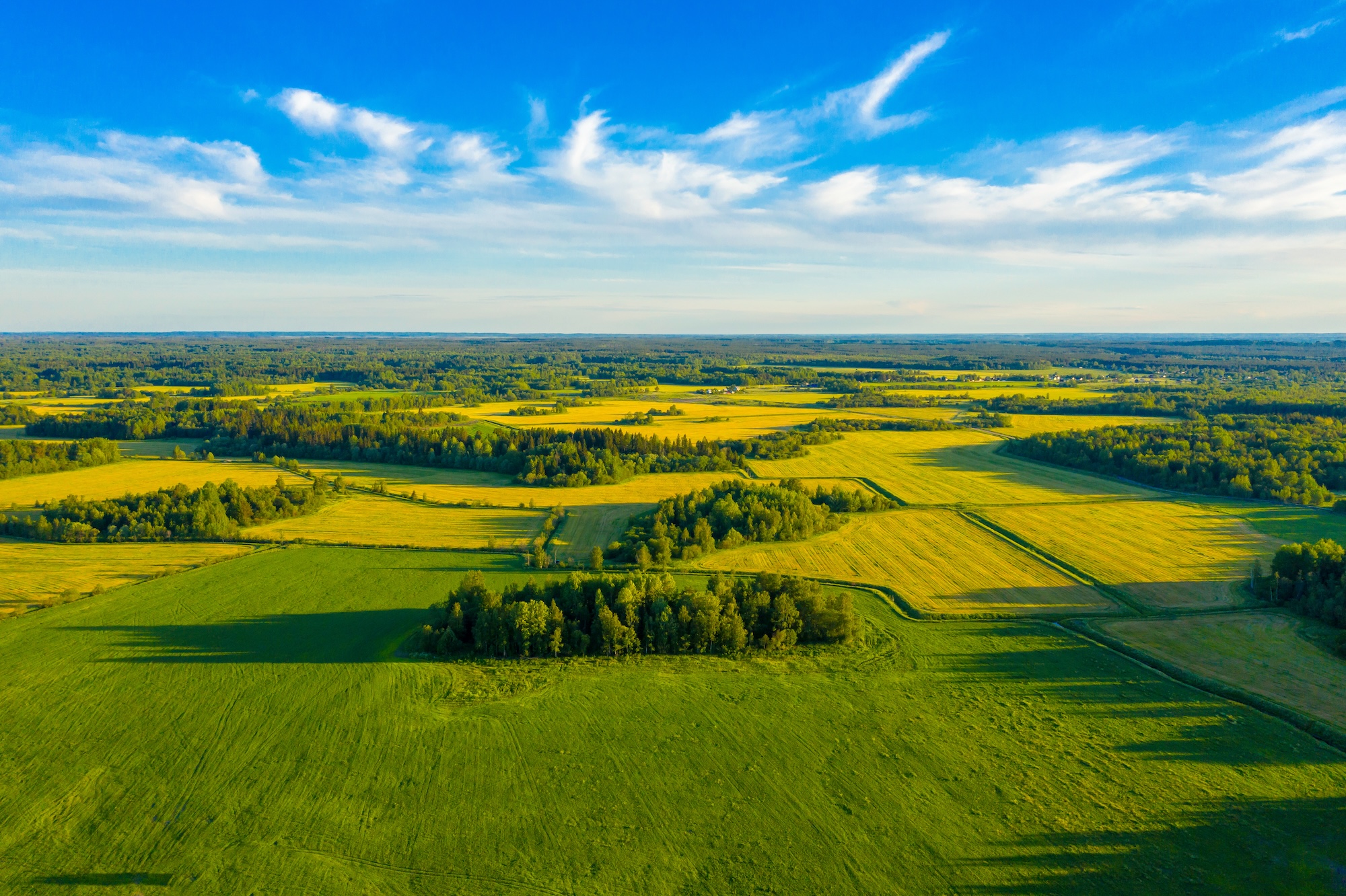
Owning rural land, while fulfilling, comes with its share of challenges. Each parcel of land is unique, and assessing its specific risks is essential. Factors like climate, natural disasters, and market fluctuations can all affect land value. Proactive measures can help navigate these uncertainties. Building a resilient strategy for maintenance and improvements can mitigate future issues. Being informed and adaptable ensures you are prepared for whatever comes your way.
Mitigating risks starts with thorough research and awareness. Understanding environmental factors is crucial to preserving and enhancing land value. Identifying hazards like flooding zones or wildfire risks helps in planning appropriate responses. Developing a solid land management strategy can also lessen potential threats. Regular assessments of the property’s condition can reveal vulnerabilities before they escalate. Keeping a network of local experts can offer advice and solutions to safeguard your investment.
Long-term planning is the cornerstone of successful rural land investment. Unlike urban properties, rural land may take time to develop its full potential. Strategic planning helps guide your decisions and maximize the returns over time. Patience is equally essential in this journey. The rewards of rural land ownership often come gradually. Whether you’re cultivating a sustainable forest or waiting for appreciation, it’s important to embrace the journey. With patience, the fruits of your effort will surely appear.
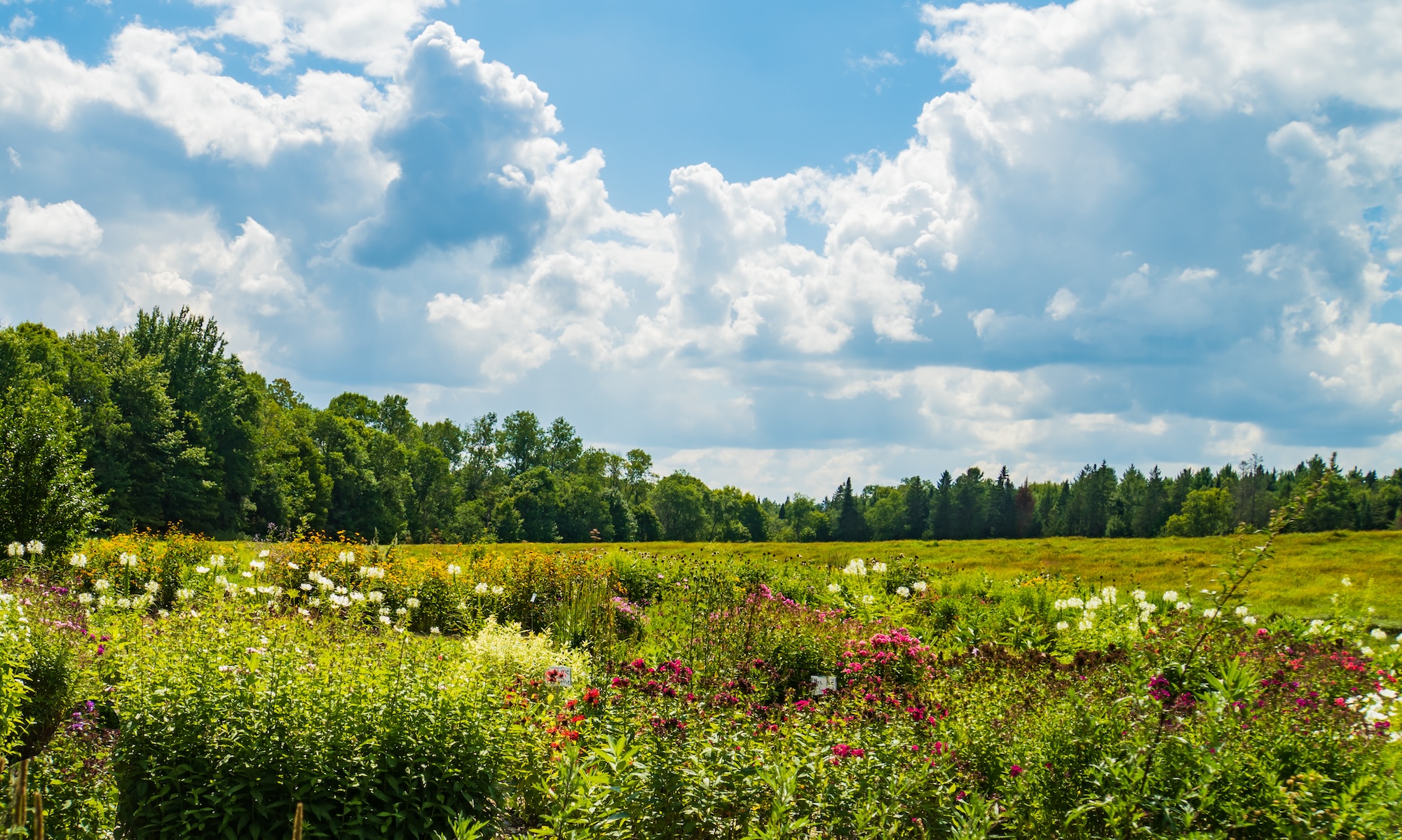
Starting your journey into rural land investment is a thrilling venture. It offers a unique blend of personal enjoyment and financial opportunity. Each step, from research to ownership, brings new insights and a deeper connection to the land. As you embark on this adventure, remember that the rewards often outweigh the challenges. The beauty of rural landscapes provides a serene backdrop for creating lasting memories. With careful planning and a spirit of exploration, you can craft a fulfilling lifestyle that resonates with both nature and your personal aspirations. May your rural land journey be both enriching and delightful.